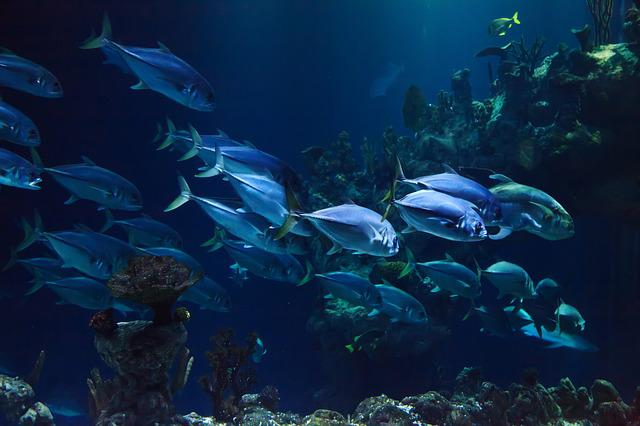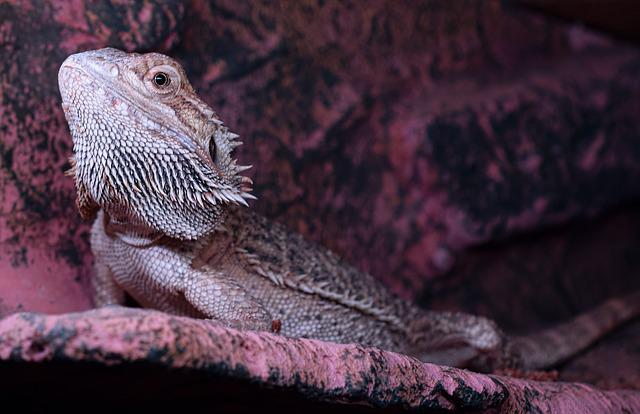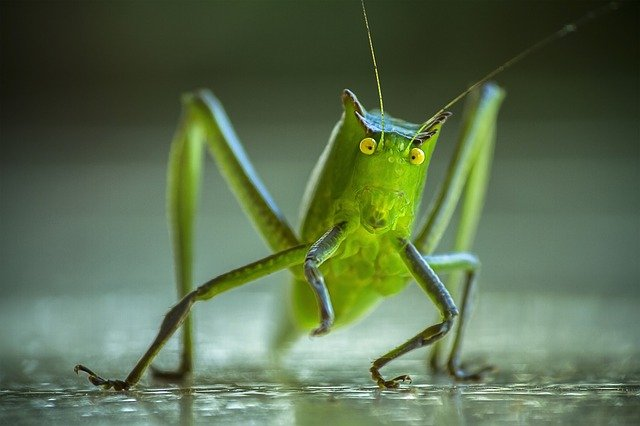Can bearded dragons eat fish? The answer to this question is not a simple one. Bearded dragons can eat fish, but it is not recommended that they do so on a regular basis. Fish can be a good source of protein for bearded dragons, but it can also contain harmful toxins. In this blog post, we will discuss the pros and cons of feeding your bearded dragon fish, and we will provide some tips for doing so safely.
About Fish

Fish belongs to the class of animals known as vertebrates. This means that they have a backbone, and they are covered in skin and scales. There are many different types of fish, but they all have these things in common. Humans and other animals have been eating fish for thousands of years.
There are many different types of fish, but they can broadly be divided into two categories: freshwater fish and saltwater fish. Freshwater fish live in lakes, rivers, and ponds. Saltwater fish live in the ocean. Bearded dragons are native to Australia, where there are many different types of freshwater and saltwater fish.
Nutritional Benefits of Fish
– Protein: Fish is a good source of protein. Protein is essential for the growth and repair of all tissues in the body. Lack of protein can lead to muscle wasting, and it can also cause problems with the immune system.
– Omega-three fatty acids: Fish is a good source of omega-three fatty acids. These are a type of fat that is essential for the health of the brain, the heart, and the blood vessels. Omega-three fatty acids can also help to reduce inflammation throughout the body.
– Vitamins and minerals: Fish is a good source of vitamins and minerals, including vitamin D, selenium, and iodine. These nutrients are essential for the proper functioning of the body.
Can Bearded Dragons Eat Fish?
Now that we know a little bit more about fish, let’s answer the question: can bearded dragons eat fish?
Yes, bearded dragons can eat feeder fish. They’ve been seen consuming it in the wild, so we know that it can be part of their diet.
Although the beardies are omnivores, this does not mean they should consume anything. Bearded dragons are notorious for eating just about anything they encounter, whether it’s toxic or nutritious.
Fish, especially in its raw form, contains a plethora of parasites, germs, and disease-causing bacteria. Such organisms may cause bearded dragons significant health problems that you may not be able to manage.
Do Bearded Dragons Eat Fish In The Wild?

In the wild, bearded dragons can and do eat fish but rarely. They are very unlikely to encounter fish in their natural habitat. If they do, the fish is most likely to be dead.
Bearded dragons in the wild will consume any animal they can find and digest. This includes lizards, snakes, rodents, birds, and even other bearded dragons. If a bearded dragon can catch and kill it, chances are good they will eat it.
While there are many reports of bearded dragons eating fish in the wild, it is important to remember that these reports are anecdotal. There is no scientific evidence to support the claim that bearded dragons regularly eat fish in the wild.
Potential Risks of Feeding Fish to Bearded Dragons
There are some potential risks associated with feeding fish to bearded dragons. These include:
Toxins
Fish can contain harmful toxins, such as mercury. Mercury can cause neurological problems in humans and other animals. These toxins can accumulate in the body over time and can be passed on to offspring.
Infections
Fish can also contain harmful bacteria, viruses, and parasites. These can cause infections in bearded dragons. Infections can be difficult to treat and can sometimes be fatal.
Allergies
Some bearded dragons may be allergic to fish. Allergies can cause a variety of symptoms, including itching, swelling, and difficulty breathing. In severe cases, allergies can be life-threatening.
Choking Hazard
Fish can also be a choking hazard for bearded dragons. Fish bones can cause injuries to the mouth, throat, and digestive tract.
Fatty Acids
Fish is a good source of omega-three fatty acids. These can be beneficial for the health of the brain, heart, and blood vessels. However, too much omega-three can cause problems, such as liver disease.
Feeding fish to adult bearded dragons is not recommended. There are many potential risks associated with it, and there is no nutritional benefit for the beardie. If you decide to feed raw fish to your bearded dragon, be sure to cook it thoroughly and remove all the bones. Monitor your pet closely for any signs of illness. If you have any concerns, consult with a veterinarian.
Healthy Alternatives To Fish For Bearded Dragons

There are many healthy alternatives to fish for bearded dragons. These include:
Insects
Crickets, mealworms, wax worms, and other insects are a good source of protein for bearded dragons. They can be purchased live or frozen from pet stores. They make a great addition to the bearded dragon diet and can be fed daily.
Vegetables
Bearded dragons need a variety of fresh, dark leafy greens and vegetables in their diet. These can be fed daily and should make up the majority of the diet. Vegetables are rich in vitamins, minerals, and fiber. They help keep the bearded dragon healthy and provide essential nutrients.
Fruits
Fruits can be fed to bearded dragons occasionally as a treat. They are high in sugar and can cause diarrhea if fed in large quantities. Fruits should only make up a small part of the diet. The health benefits include vitamins, minerals, antioxidants, and fiber. Some good fruits for bearded dragons include: mango, papaya, cantaloupe, and honeydew melon.
Meat
Bearded dragons eat meat. This can include chicken, turkey, beef, and lamb. Meat should be cooked thoroughly and should not make up more than 20% of the diet. It is a good source of protein and essential nutrients.
Conclusion
Can bearded dragons eat fish? Yes, but it is not recommended. There are many potential risks associated with feeding fish to bearded dragons. These include toxins, infections, allergies, and choking hazards.
Related Articles
Can Bearded Dragons Eat Parsley?
Can Bearded Dragons Eat Bananas?

